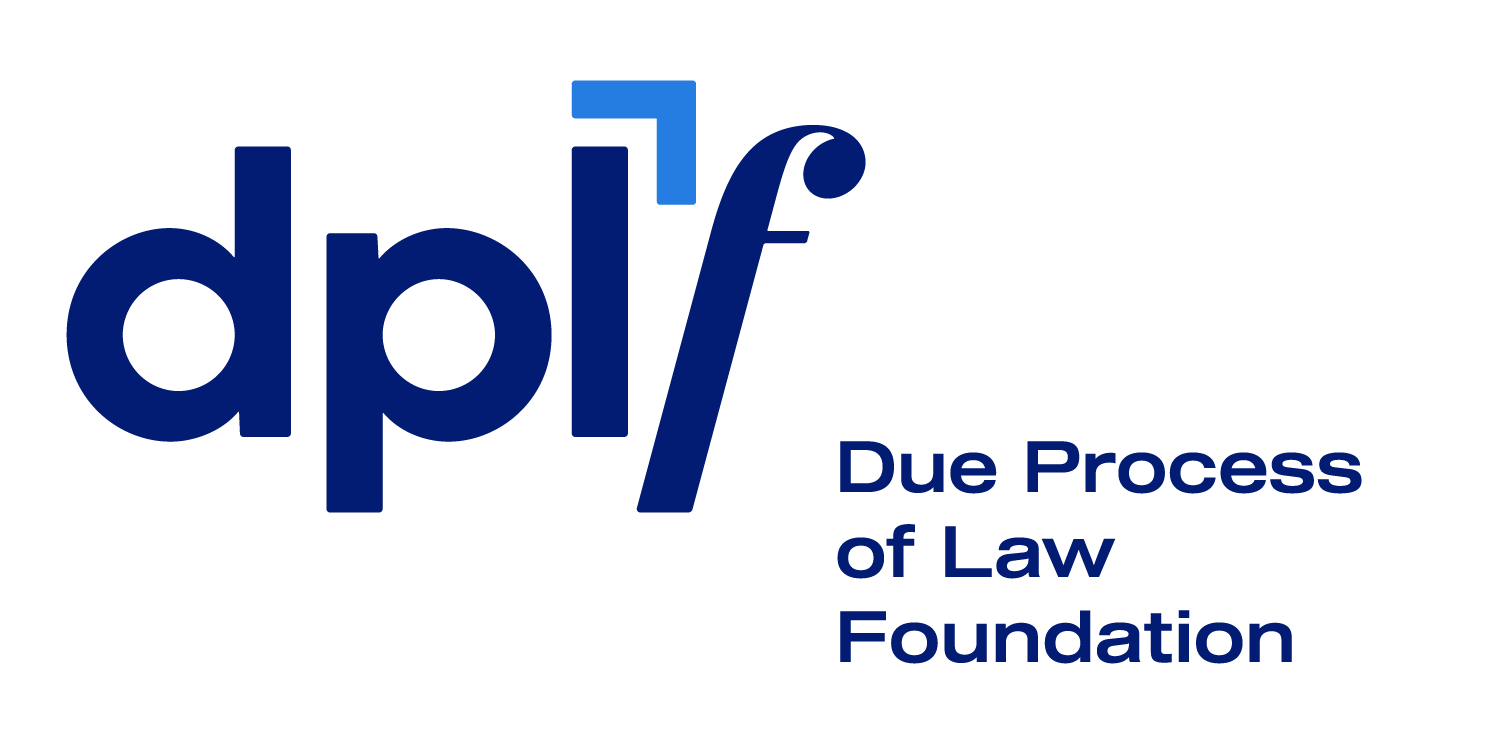On June 18, 2014, the Due Process of Law Foundation (DPLF) filed an amicus curiae in a currently pending case on the constitutionality of the country’s amnesty law, before the Constitutional Chamber of El Salvador’s Supreme Court of Justice. In the amicus, DPLF elaborated upon applicable international legal standards about the prohibition on amnesty laws that impede the investigation, prosecution or punishment of grave violations of human rights and international crimes – which is the effect of the Salvadoran amnesty law – because such laws contradict a State’s duty to provide access to justice. DPLF also included references to jurisprudence of Latin American national courts rejecting amnesties, thus signaling a regional trend.
Since the adoption of the amnesty law in 1993, various UN human rights bodies urged the Salvadoran government to amend or repeal this law, given that it constituted an obstacle for victims of gross violations of human rights to have access to truth, justice and reparations. Likewise, the Inter-American Commission on Human Rights (IACHR) stated that the Salvadoran amnesty law was incompatible with the American Convention on Human Rights; in particular, with the Salvadoran State’s duty to bring its domestic laws in compliance with the Convention and to comply with its obligation to investigate, prosecute, and punish human rights violations, and to guarantee the right to truth. More recently, the Inter-American Court of Human Rights, in the judgment on the El Mozote massacre, invalidated the legal effects of the amnesty law and ordered the Salvadoran State to adopt the necessary measures so that the amnesty law will not be an impediment to criminal prosecution.
Meanwhile, in 2000, the Constitutional Chamber of El Salvador’s Supreme Court of Justice ruled that the amnesty law was not applicable in cases of grave violations of fundamental rights, and reminded that lower judges can decide – on a case to case basis – to not apply the amnesty law in such instances. However, this decision has not led to significant advances in the investigation and punishment of these crimes. Thus, in March 2013, a group of human rights organizations filed another petition before the Constitutional Chamber to review the conformity of the amnesty law with the Constitution and with international law, requesting that a new decision extend the scope of the 2000 ruling. It is in the framework of this petition, that DPLF presented its amicus brief.
DPLF trusts that the Constitutional Chamber of the Supreme Court takes into account its amicus brief and the arguments contained in it, and that the decision it adopts will make clear that the amnesty law has to be interpreted in accordance with El Salvador’s international obligations under international human rights law and the applicable international jurisprudence.
